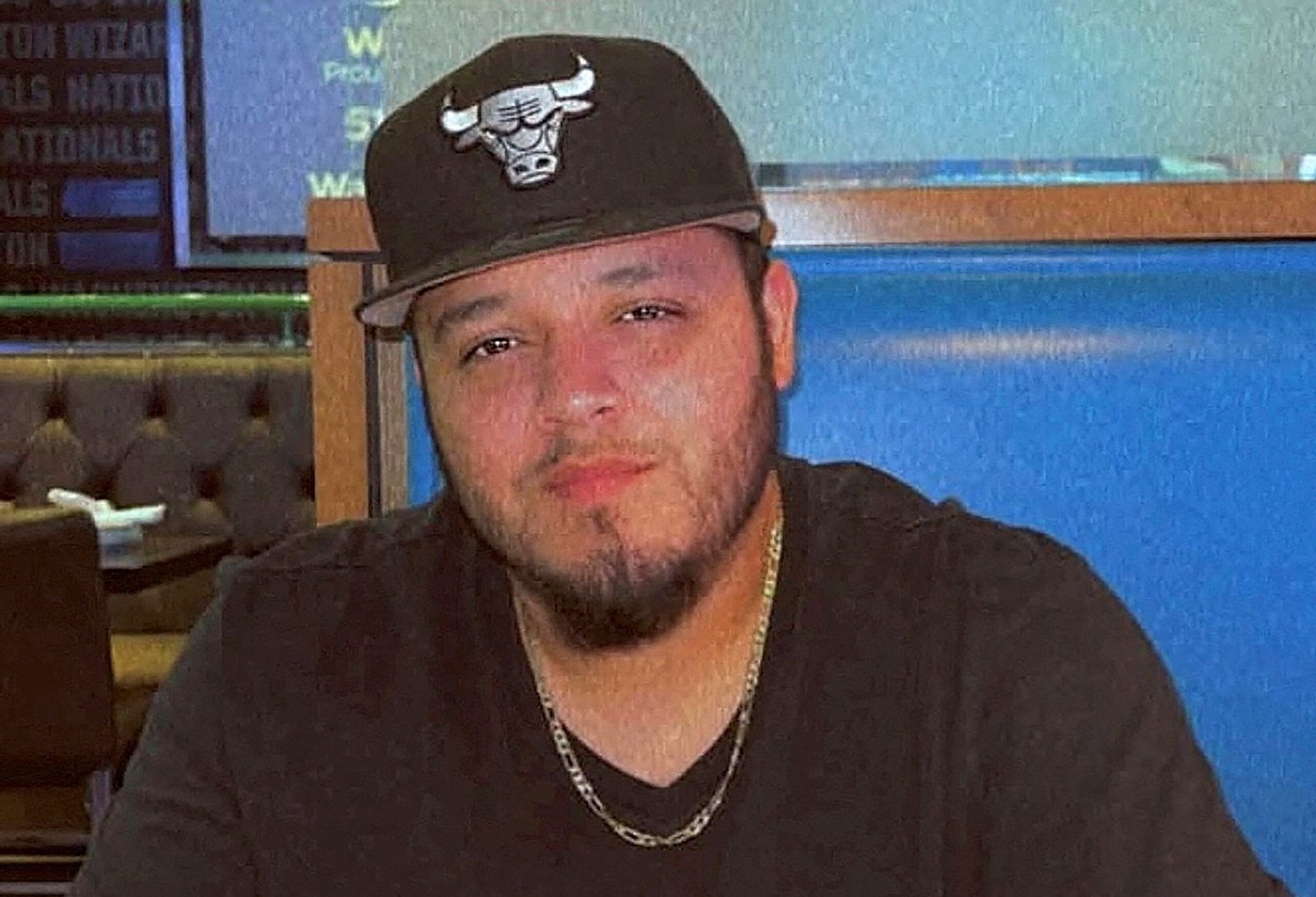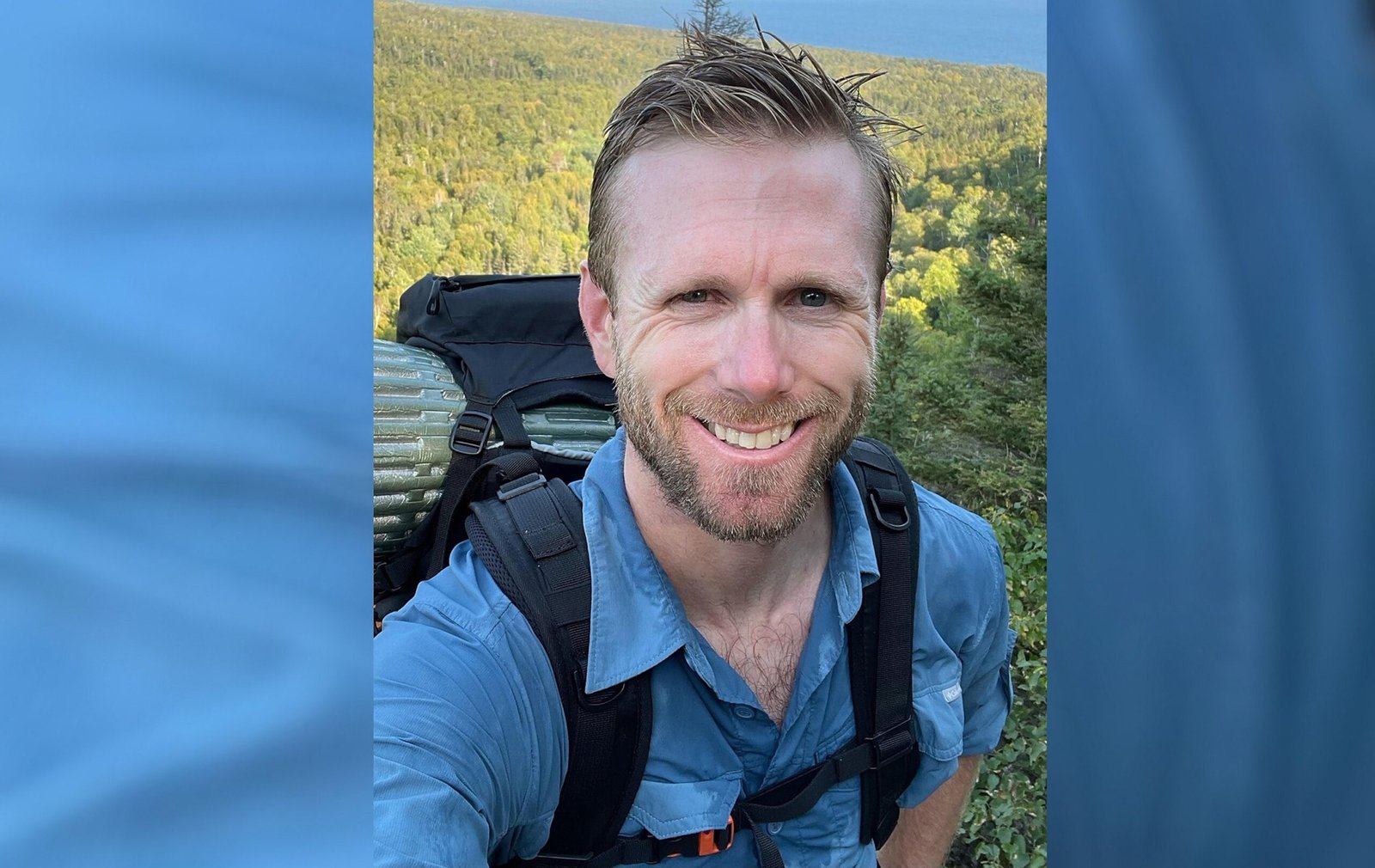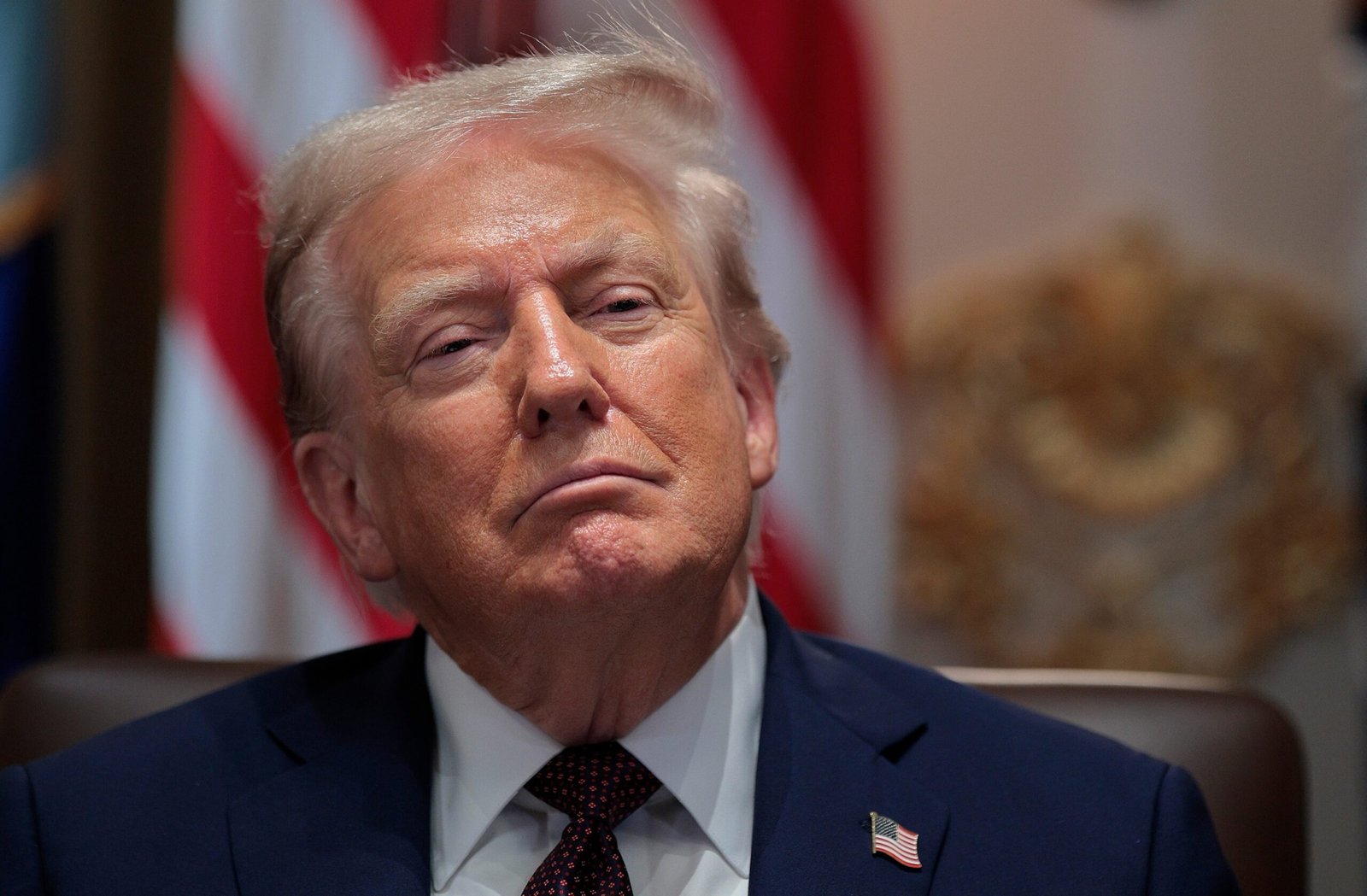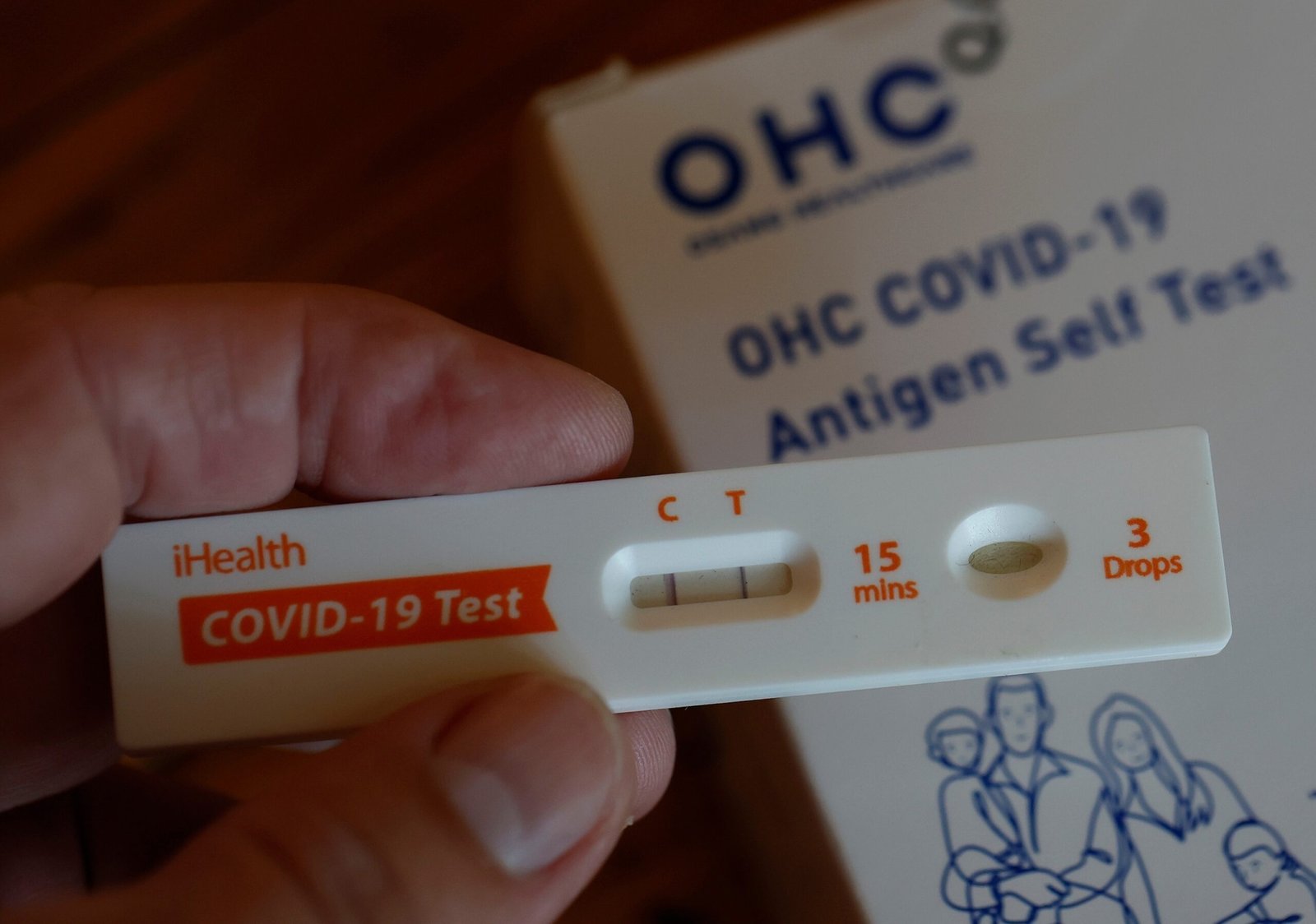Kilmar Abrego García, who was erroneously deported in March before being taken back to the United States, was released from criminal custody in Tennessee and goes to Maryland, a lawyer from Abrego García told Abc News.
The Salvadoran native has been in criminal custody since the federal government brought him back to the United States in June to face human smuggling positions.
Once he is released, immigration authorities will not be allowed to arrest Abrego García due to a ruling of a federal judge who ordered the government to return him to Maryland and blocked the administration to deport him after his release in Tennessee.
Abrego García’s lawyers said this week that they hired a private security company to take him to Maryland.
A lawyer who represents Kilmar Abrego García told ABC News Friday that, although the launch of his client brings some relief, he is “far from being safe.”
“For the first time since March, our Client Kilmar Abrego García meets with his beloved family,” Simon Sandoval-Moshenberg said. “While its release brings some relief, we all know that it is far from safe. The detention or ice deportation to an unknown third country yet threatens to tear their family. A measure of justice has been made, but the government must stop pursuing actions that once again would separate this family.”
Abrego García must remain under the custody of his brother in Maryland, according to his liberation order.

Kilmar Abrego García, a Salvadoran migrant in this booklet image obtained by Reuters on April 9, 2025.
Abrego Garcia Family Via Reuters
The American magistrate judge Barbara Holmes said that Abrego García will travel directly to Maryland and must inform the services prior to the trial for the Maryland district at the latest at 10:00 am on Monday.
Holmes said that Abrego García is reminded that if “he takes it to ice custody, the conditions of his release requires to be transported back to this district to obtain more procedures in this case.”
The launch conditions include that Abrego García must undergo supervision through services prior to trial according to the instructions, continue actively looking for a job, not obtaining a passport or other international travel document and obtaining an anger management treatment.
Other conditions require Abrego García not to contact “directly or indirectly with any known MS-13 gang member”.
In the event that Abrego is taken in immigration custody after his return to Maryland, Judge Holmes said, the United States government “will ensure that, while Abrego remains in ice custody, he has access to his lawyers, both physically and by phone, to allow Abrego to prepare for the trial in this case.”
In his July order, the United States District Judge, Paula Xinis, ruled that the United States Government “will restore Abrego García to her ice supervision order outside the Baltimore field office.”
Xinis said that his order that Abrego García is placed under the supervision of ice in Maryland, where he lived with his wife and children before being deported by error in March, is necessary to “provide the type of effective relief to which an unjustly retired foreigner has the right to return.”
The July order, which also requires that the government provide 72 hours of prior notice if you intend to deport Abrego García to a third country, is “limited” to allow the Trump administration to start “legal immigration procedures on the return of Abrego García to Maryland.”
Immigration procedures may or may not include “legal arrest, detention and eventual elimination,” Xinis said.
Abrego García was deported in March to the Mega Prison Cecot of El Salvador, despite a 2019 court order that prohibits deportation to that country due to the fear of persecution, after the Trump administration said he was a member of the criminal gang MS-13, that his family and lawyers denied.
He was taken back to the United States last month to face charges in Tennessee of supposedly transporting undocumented migrants within the United States while living in Maryland. He declared himself innocent.
On Tuesday, Abrego García’s lawyers accused federal prosecutors of “vindictive and selective prosecution” in a motion that seeks to dismiss criminal charges against them.
In the presentation of 25 pages, the lawyers argued that the Government accused him “because he refused to accept the violation of the government of his due process.”
“Kilmar Abrego García has been pointed out by the United States government,” said his lawyers.
Abrego García’s trial in his case of human smuggling will begin on January 27, 2027.





